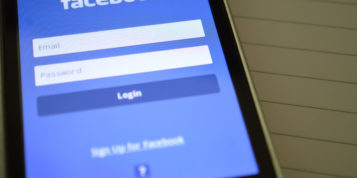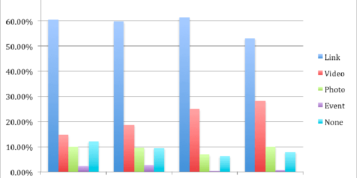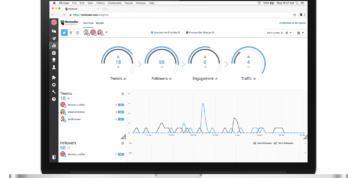People who use Facebook on Android devices have started receiving notifications announcing that they will no longer be able to send or view messages unless they use the dedicated Messenger app.
The message reads: “Your conversations are moving to Messenger. Soon, you’ll only be able to view your messages from Messenger.”
The notification can be dismissed for now, but after this summer, the social media giant plans to do away with the ability for members to read their messages by visiting Facebook on a web browser using a mobile phone.
Facebook has been pushing the Messenger app on the masses for quite some time now, which they say allows for “richer interactions”. In August 2014, the Facebook app on both Android and iOS started encouraging users to install the Messenger app. Those who preferred not to download the app then switched to the Facebook mobile website on their phone instead, where they could still access Facebook’s built-in chat.
Why does Facebook want everyone to get Messenger?
Facebook is closing off people’s access to chat from other routes in a bid to get as many people as possible onto the dedicated app so they can be served targeted ads. Facebook has recently indicated that it plans to start running ads on Messenger. In addition, it is working on launching chat bots to help businesses connect with customers via Messenger.
The move to force more people onto the app is being viewed as hostile by some, who generally have a good reason for not downloading Messenger. For some people, it is due to privacy concerns, while others are worried about the battery life of their phone.
The Messenger app offers some functions that the web version does not, such as the ability to exchange SMS messages, voice calls, and video calls. In addition, it offers the Chat Heads feature.
Last June, Facebook added the ability for people to sign up to use Messenger using a phone number, allowing those who do not wish to get a Facebook account for whatever reason to still talk with friends who use the platform. At the same time, however, signing up in this way still provides Facebook with yet another person’s data and phone number. Getting non-Facebook users onto Messenger also ends up being a gateway for many to ultimately sign up for Facebook further down the line.
Messenger’s user numbers have surged to 900 million from 200 million in just two years. However, Facebook itself has 1.09 billion active daily users, so there is still a long way to go.





